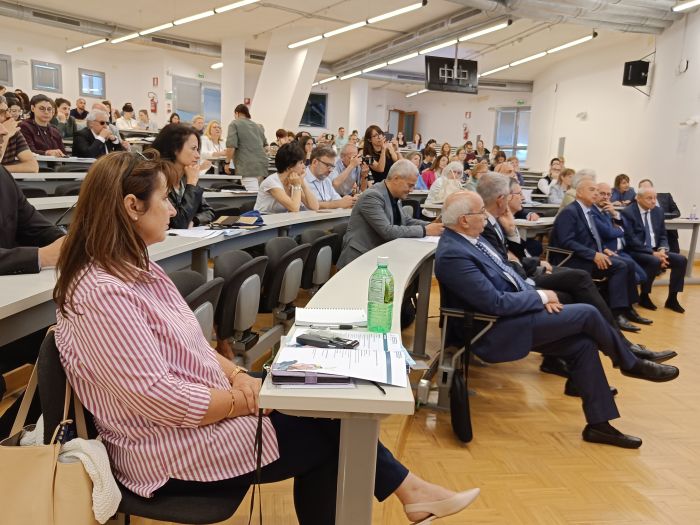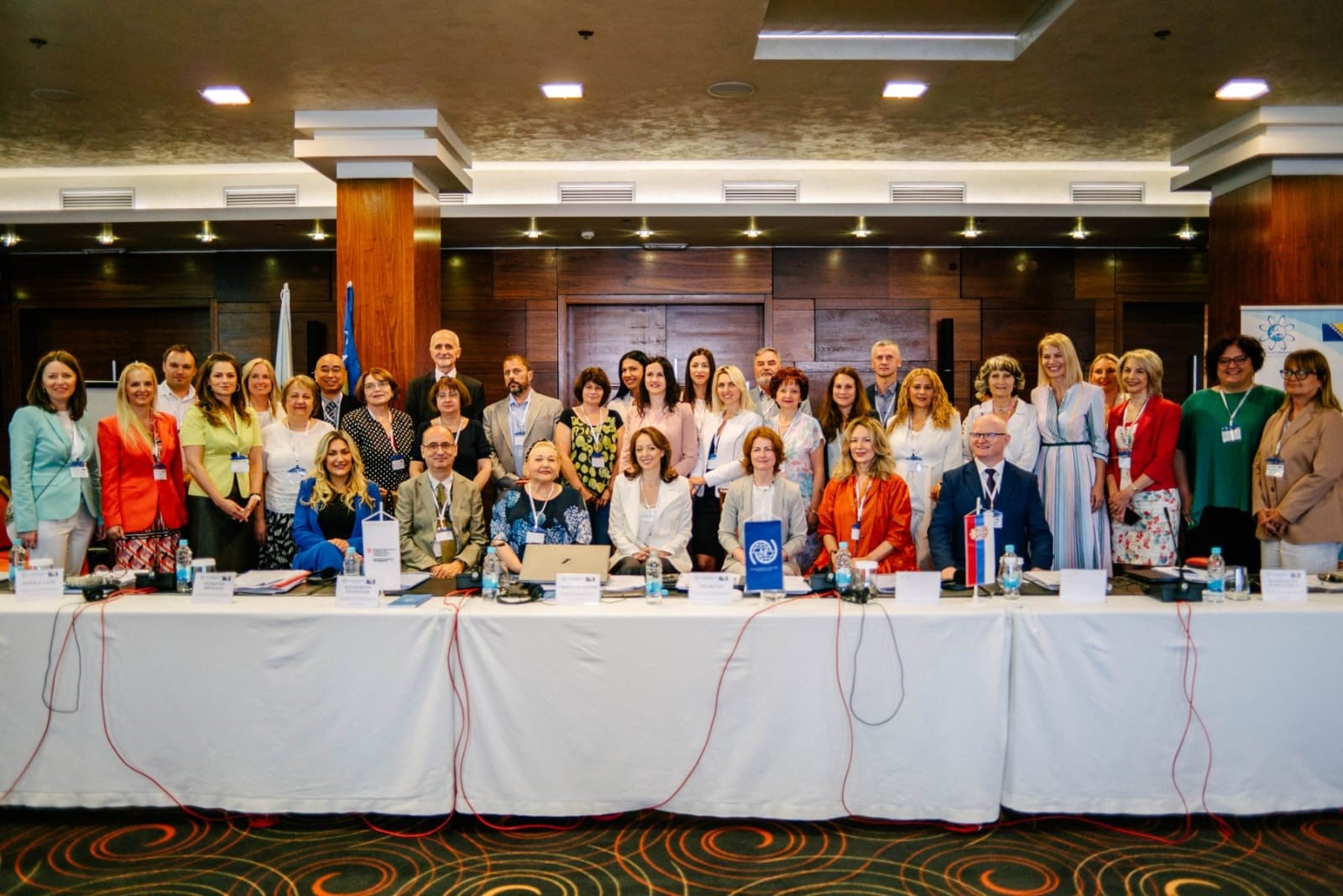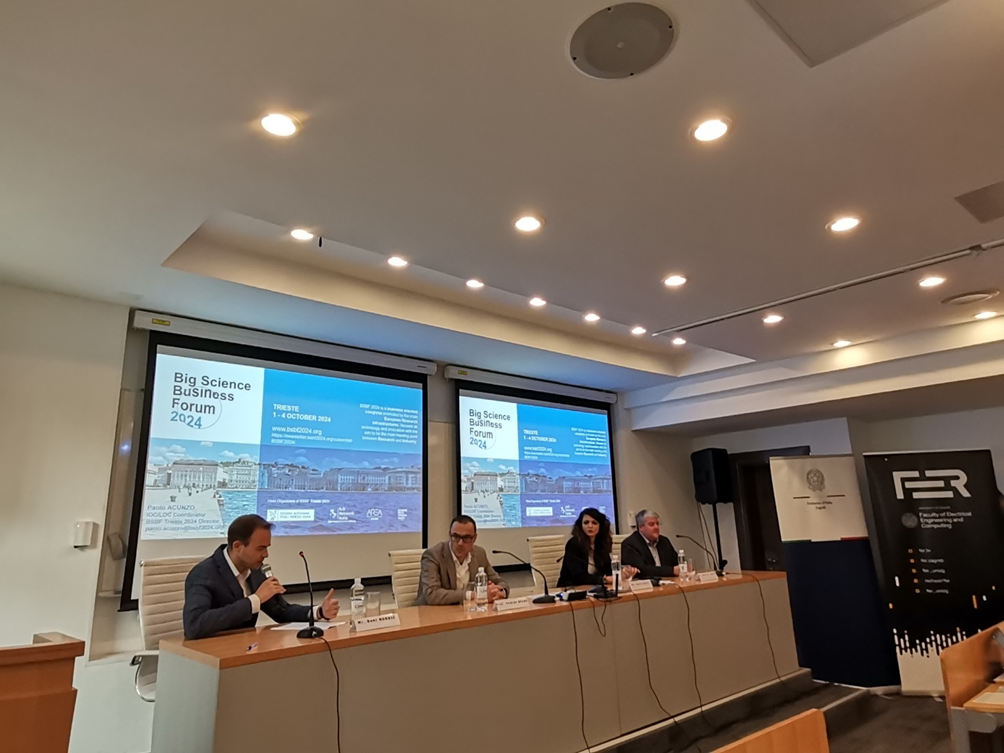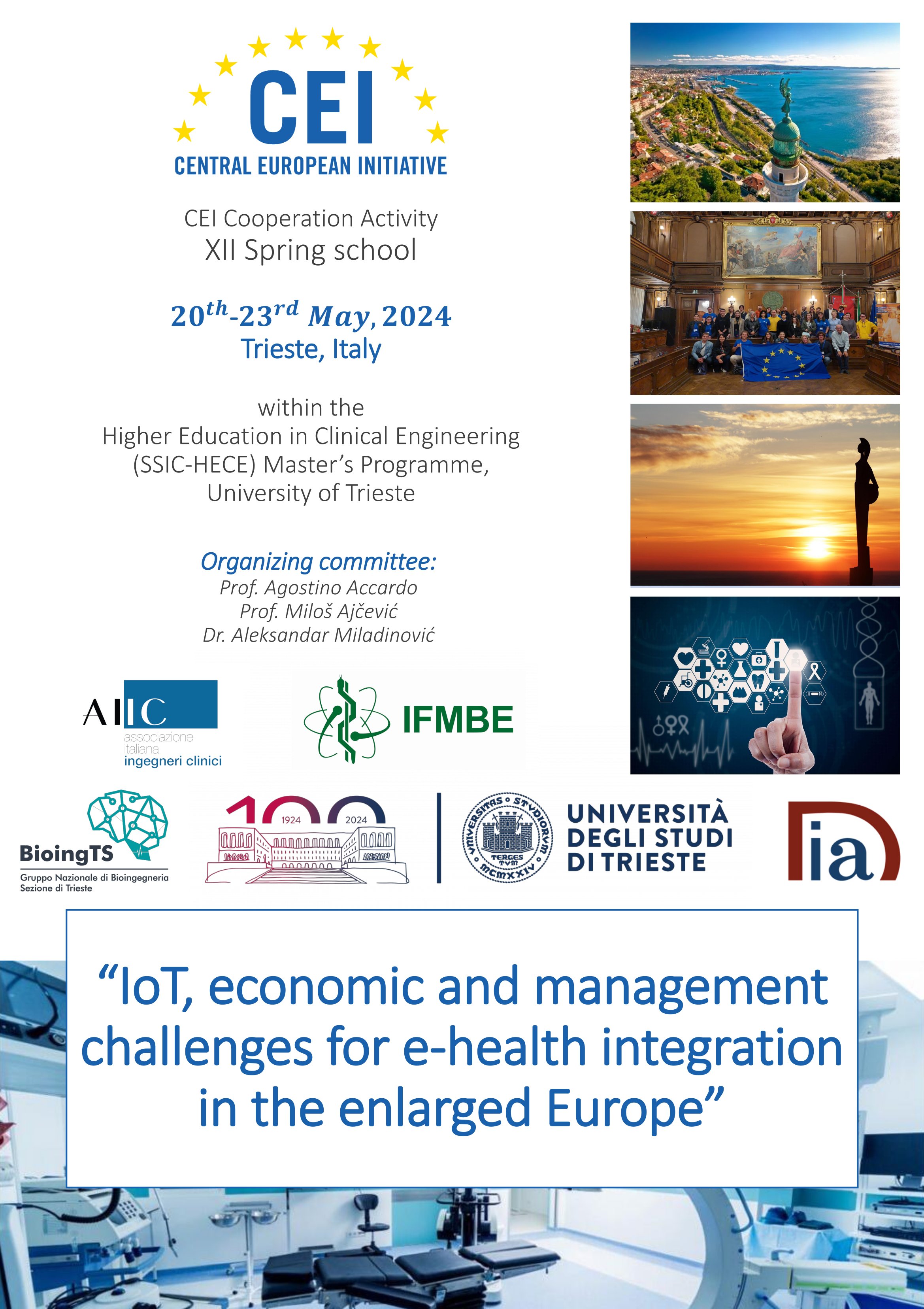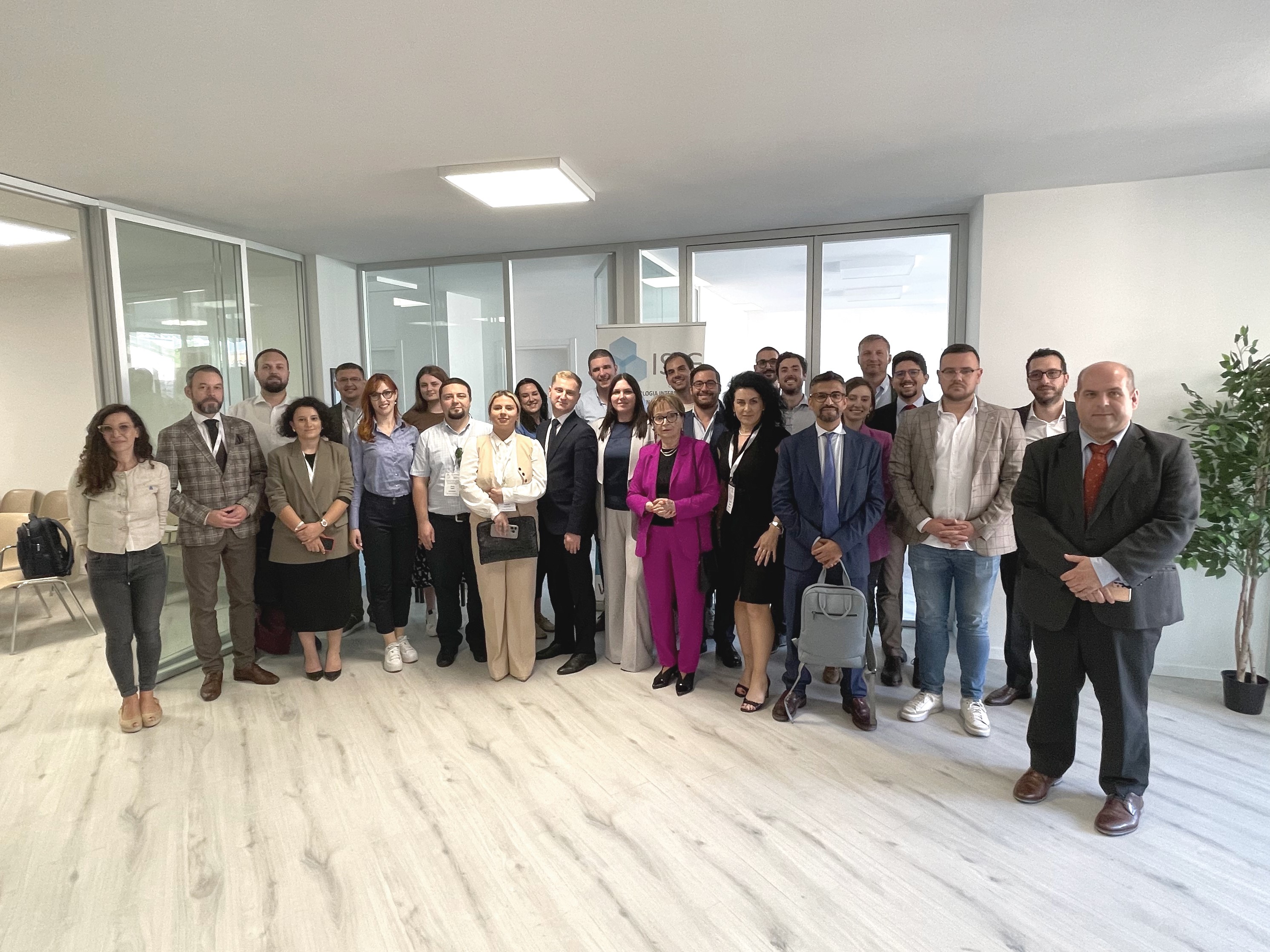An international conference on palliative care, themed "Overcoming Barriers and Borders in Palliative Care: 100 Units of Opportunities," was held in Trieste on 24-25 May, 2024. The event is part of the celebrations for the 100th anniversary of Trieste University and aimed to establish new synergies and cross-border cooperation to encourage the exchange of knowledge and best practices in the field.
The conference was organised by the Italian National Association for Palliative Care (SICP) in collaboration with the University of Trieste, WHO Europe, and the CEI. It brought together numerous care specialists, experts, academics, researchers, and students to discuss various aspects of palliative care, including networks and models of care, education for healthcare providers, research, pain and symptom treatment, and essential medicines.
Palliative care is an approach focused on improving the quality of life for patients and their families facing life-threatening illnesses by preventing and relieving suffering. Despite its importance, only 14% of patients in need of palliative care receive it, a number expected to grow due to the ageing population and the rise of chronic diseases.
To ensure further development of palliative care, the conference highlighted the need for a comprehensive set of actions: education for medical staff and caregivers, empowerment of national umbrella bodies, adaptation of the legal framework, and equal access to necessary medicines and opioids.
Representatives from several CEI countries attended the event, presenting the state of palliative care in their respective countries, sharing best practices, and addressing remaining challenges. WHO Europe provided additional insights focusing on palliative care tools, guidelines, and opportunities from the WHO Western Balkans Roadmap for Health and Wellbeing.
Doctor Natasha Azzopardi Muscat, Director Country Health Policies & Systems · World Health Organization emphasised the importance of ensuring equal access to palliative care, regardless of age, race, religion, or country of origin. She noted that subregional cooperation plays a crucial role in supporting and promoting this inclusive approach, and highlighted the progress made through collaboration with the CEI.
CEI Secretary-General Roberto Antonione stressed the importance of overcoming barriers, difficulties, and borders to enhance palliative care across all CEI countries. He affirmed the CEI's commitment to contributing to better health and well-being for the citizens in the region, marking a significant step forward in international cooperation in palliative care.
For more info: sinkovic@cei.int

